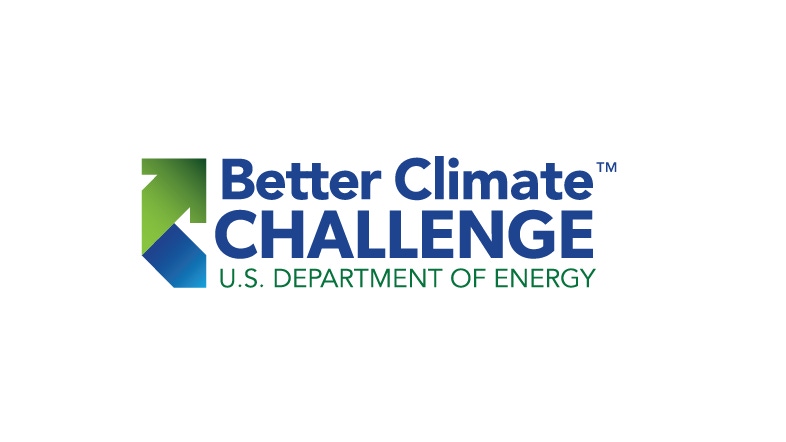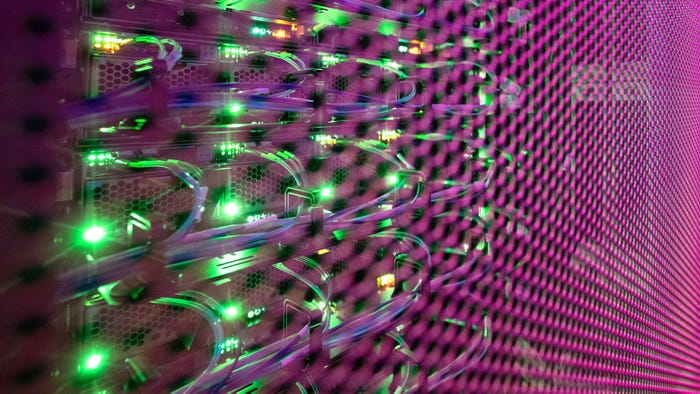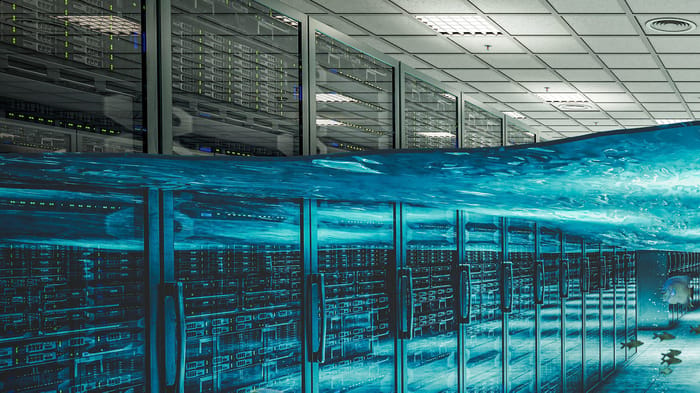QTS and Sabey Sign Up to DOE’s 50% Emissions Reduction Commitment
Colocation giants are two of the nearly 100 companies pledging to reduce emissions within ten years.

Data center operators QTS Data Centers and Sabey Data Centers are among more than 90 organizations committing to cutting carbon emissions by at least half by 2032 as part of a new public-private partnership with the US Department of Energy.
The DOE’s Better Climate Challenge asks sector-leading organizations to set and meet significant emissions targets. Signatories commit to slashing their enterprise-wide greenhouse gas emissions by at least 50% within ten years, without the use of offsets – and to then share their solutions and best practices with the market.
The commitment of data center companies to significant emissions reductions in just a decade reflects growing concerns about the energy intensity of the sector – consuming as much as the entire United Kingdom, for example. It also mirrors some of the action taken by hyperscalers like Amazon, Microsoft, and Google.
“With the help of DOE, the meaningful and measurable emissions reductions of the Better Climate Challenge will save American businesses billions of dollars, create good-paying jobs, and drive innovation that strengthens the entire U.S. economy,” U.S. Secretary of Energy Jennifer Granholm said in the announcement.
Representing colocation
Newly-acquired QTS committed to a 50% reduction in greenhouse gas emissions within 10 years from its 2022 baseline, across 26 facilities. Other sustainability initiatives at QTS include pursuance of green building certifications in all of its facilities, and increases in renewable energy procurement.
Sabey Data Centers made its own 10-year commitment of a minimum 50% carbon emissions reduction across its 3.8 million square feet of data center capacity, in addition to a promise to reduce non-IT energy intensity by 20%.
In addition to data center operators, the Better Climate Challenge list includes major data center equipment vendors Honeywell, Cummins, Schneider Electric, Legrand, and Johnson Controls. The list also includes Ikea, the Cleveland Clinic, and Hilton.
The DOE is providing technical assistance and peer-to-peer learning to the involved organizations in support of the partnership, which forms a key piece of President Joe Biden’s goal of a net-zero American economy by 2050.
Launched on February 28, the initiative could save manufacturing and commercial organizations billions of dollars while reducing annual carbon emissions in the United States by the equivalent of the emissions of every household in the country, the DOE said.
The commitment to share solutions among participating organizations will also serve as an innovation driver that could lead to large-scale reductions in carbon emissions across entire sectors.
About the Author
You May Also Like






